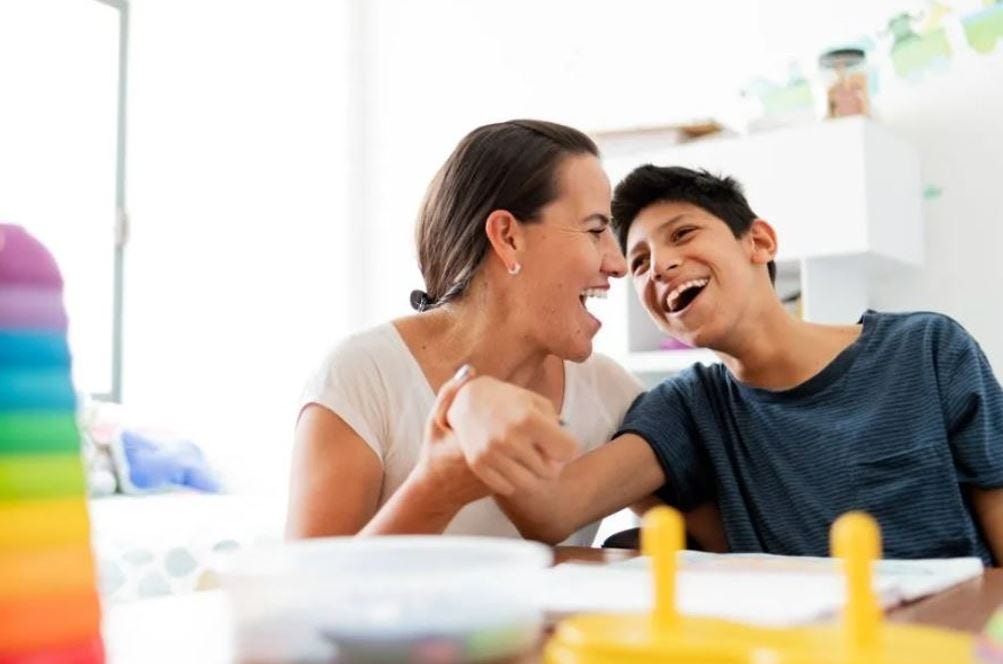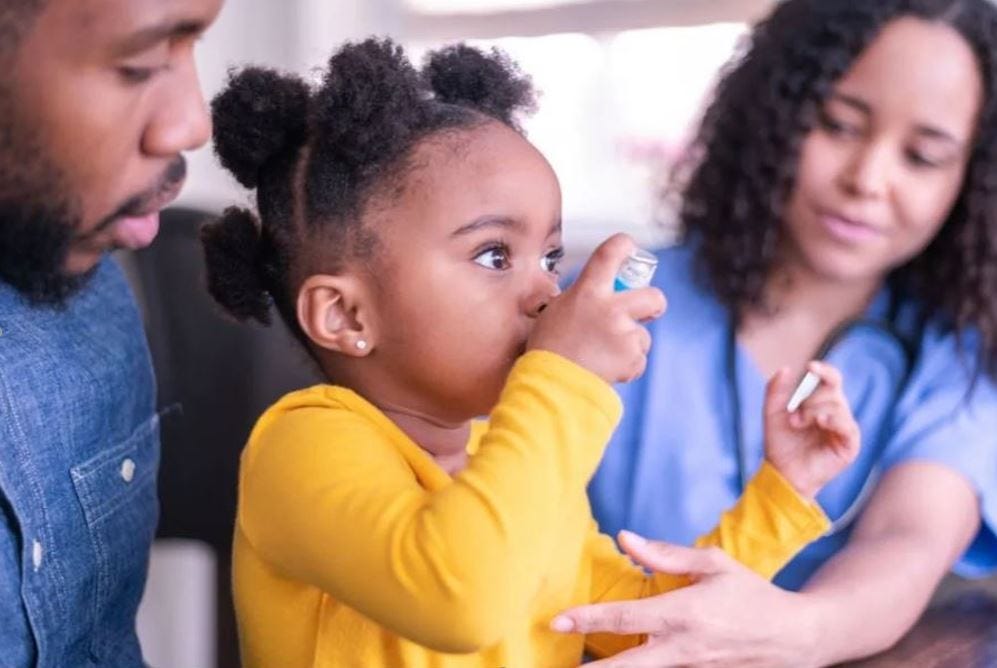Examining the Impact of Chronic illness on Relationships
Chronic illness is a term used to describe long-term medical conditions that persist over an extended period. These conditions cover a broad spectrum of diseases and ailments, such as heart disease, cancer, diabetes, arthritis, and autoimmune disorders. Unlike acute illnesses, which may come and go quickly, chronic illnesses require ongoing management and treatment.
The interplay between chronic illness and relationships is a complex and multifaceted phenomenon. When an individual is diagnosed with a chronic illness, it not only affects their own health but also has a profound impact on their relationships with family, friends, and romantic partners. The challenges and dynamics that arise can test the strength of these relationships.
How Chronic Illness Impacts Emotional Dynamics in Relationships
Chronic illness takes a significant emotional toll on individuals and profoundly impacts the dynamics of their relationships. The rollercoaster of emotions that come with managing a long-term health condition can strain even the strongest bonds. Fear, uncertainty, frustration, and sadness become constant companions, affecting both the individual with the illness and their loved ones.

One of the key aspects of this interplay is the emotional toll that chronic illness can take on both the individual and their loved ones. The person with the illness may experience feelings of fear, frustration, and sadness, while their loved ones may feel overwhelmed, worried, and uncertain about the future. Effective communication becomes vital in navigating these emotions and maintaining a strong support system.
Understanding the emotional impact of chronic illness’s vital for individuals and their partners. By acknowledging and addressing these emotions, couples can work together to navigate the challenges, foster resilience, and strengthen their relationship bonds.
Addressing the Impact of Chronic Illness on Physical Intimacy & Sexuality
Physical intimacy is an important aspect of any romantic relationship, but it can be affected by chronic illness. Chronic conditions can cause physical limitations, pain, fatigue, and changes in body image that can interfere with sexual desire and performance. However, physical intimacy is not limited to sexual intercourse. There are many ways to express love and affection, such as cuddling, kissing, holding hands, and giving compliments. Couples can also explore alternative ways to satisfy their sexual needs, such as using toys, lubricants, or different positions. By communicating openly and honestly, couples can maintain a satisfying and intimate relationship despite chronic illness.

The Role of Emotional Support (Empathy and Compassion) in Sustaining Relationships
Empathy and compassion play vital roles in sustaining relationships, especially when one partner is dealing with a chronic illness. The emotional support provided by a partner can significantly impact the well-being and overall relationship satisfaction of both individuals. Having empathy means understanding and sharing the emotions of the other person, while compassion involves showing kindness and providing support. For individuals with chronic illness, knowing that their partner empathizes with their struggles and is there to offer comfort and understanding can make a tremendous difference.

By offering emotional support, partners can create a safe space for open communication, validating emotions, and providing a sense of belonging. This support can alleviate feelings of isolation, boost resilience, and foster a stronger connection between partners. Empathy and compassion in relationships create an environment where individuals feel seen, heard, and valued. By cultivating these qualities, couples can navigate the challenges of chronic illness together, strengthening their bond and sustaining a loving and supportive relationship.
Balancing Independence and Dependence
Chronic illness can create a sense of dependence and loss of control for both patients and their partners. Patients may rely on their partners for physical, emotional, and financial support, while partners may feel responsible for taking care of their loved ones. However, too much dependence can lead to resentment, frustration, and loss of identity. Therefore, it is important to balance independence and dependence in interdependent relationships. This means respecting each other’s boundaries, preferences, and goals, as well as encouraging each other’s autonomy and self-care. By doing so, couples can foster a healthy and supportive relationship that honors their individuality.

By fostering autonomy within interdependent relationships, individuals can preserve their self-esteem, personal growth, and overall well-being. Balancing independence and dependence is a continuous journey, requiring ongoing communication, flexibility, and a shared commitment to nurturing both the relationship and individual identities.
Conclusion
Maintaining healthy and fulfilling relationships despite the challenges of chronic illness requires understanding, empathy, and open communication. While chronic illness can pose unique obstacles, it is possible to foster strong connections and navigate the complexities of illness together. Here are key takeaways to help maintain healthy relationships in the face of chronic illness.
Firstly, prioritize communication. Openly express your needs, fears, and concerns, while actively listening to your partner’s experiences. Cultivate a safe and non-judgmental space for sharing emotions.
Secondly, foster a culture of empathy and compassion. Seek to understand your partner’s perspective and provide support and understanding in times of difficulty. Show kindness, patience, and a willingness to adapt to changing circumstances.
Thirdly, foster resilience together. Find strength in shared experiences and encourage each other’s personal growth and self-care. Celebrate small victories and support each other through setbacks.
Lastly, seek professional help when needed. Engage in couples therapy or seek guidance from healthcare professionals specializing in chronic illness and relationships. They can offer valuable tools, insights, and coping strategies.
Remember, maintaining a healthy relationship in the face of chronic illness is an ongoing process. By nurturing communication, empathy, and resilience, couples can cultivate thriving relationships that endure and flourish despite the challenges presented by chronic illness.
Thank you for reading!
If you enjoyed this Article, please leave a comment!
Have a Great Day!
Cheers!
I was my late wife’s primary caretaker, for nearly thirteen years (1998-2011). Her chronic, and ultimately fatal disease was rare, and not well understood. Even those “well-versed” in the disease were hobbled by their own lack of emotional intelligence, having taken a strictly academic view of its progression and treatment milieus. In hindsight, twelve years later, I would not have placed as much stock in the diagnoses of the attending Nurse Practitioner, when the disease began to aggressively take its toll on her body, in 2010. The second opinion we obtained at least gave her another ten months or so of extended, semi-active life.
I’m truly sorry for your loss and the challenging journey you and your late wife went through. It must have been incredibly difficult to be the primary caretaker for such a long time. It’s unfortunate that the disease was rare and not well understood, making it even more challenging to find the right support and understanding. It’s understandable that you have some reflections and regrets regarding the medical care. I hope you find solace in the fact that you did your best under the circumstances, and that obtaining a second opinion provided some additional time for your wife. If you ever need to share more or seek support, feel free to reach out.
Do Subscribe ARTICLES PALACE for getting updates via email and stay connected!
I have lived with RA and a number of its friends, fibromyalgia, Chronic pain syndrome, and several others for 16 years. My joints are damaged from a few years of uncontrollable RA.
This is a wonderful article. I am beyond lucky that my partner has been so patient and helpful. I know several who are not so lucky. My partner is actually a chef so he enjoys cooking and makes sure I have healthy meals. Up to me? I would eat pop-tarts all day! My question is this – is there a point where we allow the help too easily? Mentally, I often feel that I should be doing something. When he is doing things, I feel lazy. He is not complaining. I help when I can. Is it normal to feel this way?
Living with RA and its companions can be tough, and having a supportive partner is a blessing. Feeling conflicted about accepting help is normal. Remember, it’s okay to lean on others when needed and communicate openly with your partner about your feelings. Take care!… Do Subscribe articlespalace.com